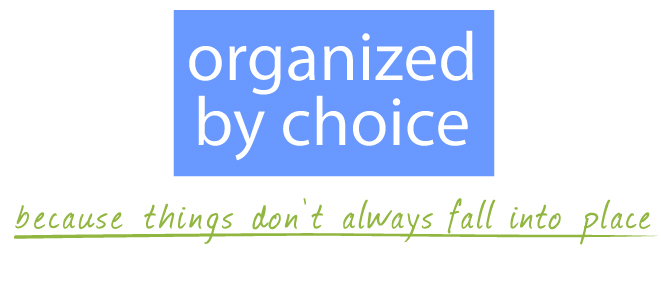How would you like to travel back in time and sit down for a conversation with the Pilgrims? I did! Well, figuratively speaking. Several years ago, we visited Plimoth (not a typo) Plantation in Plymouth, Massachusetts. It’s a living history museum with an entire 17th-Century English Village. The townspeople are costumed role players portraying actual residents of Plymouth Colony. You can observe them going about their daily tasks in the garden, barnyard, and making meals and goods. You can also engage them in conversation to learn more about what it was like in those early colony years.
As we walked from home to tiny home, I observed the sparsely furnished insides. Things carefully chosen when they packed up their necessities and sailed to the new land. Talk about experts on downsizing!
These living lean Pilgrims are the ones who gave us what became our Thanksgiving holiday. In contrast to our material goods, they had very little to be thankful for.
But, does having a lot make us more thankful? In a word, no. Our gratitude doesn’t exponentially increase along with our accumulation of possessions. In fact, just the opposite can occur when the abundance creates clutter, stress, and discontentment.
Photo by Pixabay: https://www.pexels.com
Have you ever walked into a hotel room and felt the “ahhh” of clutter-free space? You bring your personal necessities; the hotel provides the rest— and that’s all there is! No pile of stuff taunting you. No closet so crammed that you can’t hang the clean laundry. No decision fatigue because you only brought three pairs of shoes.
I'm not ready to reduce my wardrobe to what would fit on three hooks like the Pilgrims, but I do want to be vigilant and not allow my stuff to turn my gratefulness into grouchiness. Here are some clues when you might be crossing the line:
You cringe when you open your hall closet.
You drop the bags of groceries on the pantry floor in frustration because there’s no room on the shelves.
You feel guilty about making excuses for not hosting the family gatherings due to the clutter.
Clean clothes remain in a pile because there’s no space to hang more stuff. They now require ironing. Ugh!
You avoid certain rooms or areas of your home.
Now imagine the opposite.
You can easily find and access what you need in your closets.
Your kitchen pantry has ample space for current groceries.
You gladly open your home to friends and family.
Your clothes are all hung up and you can easily walk into your closet.
You open every door without stress and shame.
How does that feel? Does it make you feel grateful? This is the dichotomy—too much stuff and feeling grateful. There’s no harmony between the two. During this season of Thanksgiving, I encourage you decrease the overflow and increase your gratitude ratio.
The Pilgrims remind us that it is not the amount of possessions that determines our ability to be thankful. Open the closet or cabinet door and let go of the stuff you don’t need, use, or love and that will open the door to more gratitude as well.
Another way to increase our gratitude ratio is to be intentional about giving thanks. This month I'm offering a free download that includes 27 questions to prompt thoughts and conversation about things we’re thankful for. Here are a few ideas on how to use them:
Create a gratitude journal by recording the answer to one question per day.
Use the questions to prompt prayers of thanksgiving.
Keep the list near the dinner table and choose one question as a conversation starter when having family dinners.
Cut up the list and put the slips of paper in a basket or bowl. Have your Thanksgiving guests each pick one and share their answer with the group. If you have more than 26 guests, make duplicate copies of some of the questions.
CLICK HERE TO DOWNLOAD:
I'M THANKFUL FOR...
wise words
“Give thanks to the Lord, for He is good. —King David”





